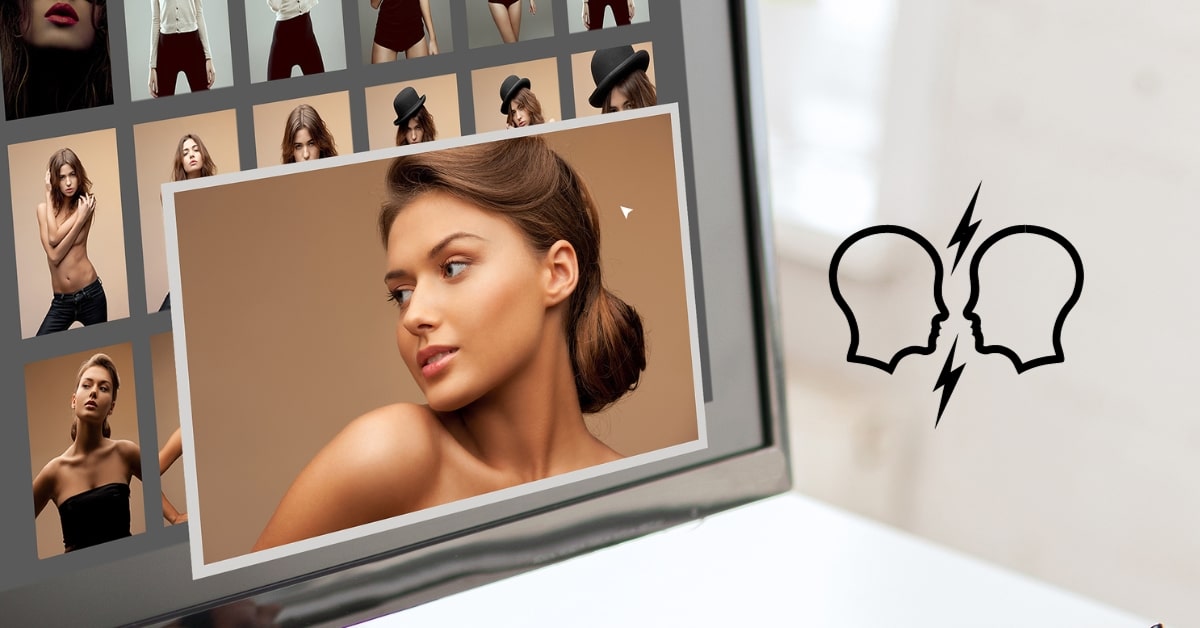In today’s digital age, the art of image retouching has become an integral part of photography and media. With the rise of powerful editing software and social media platforms, retouching has become more accessible than ever before. However, it is not without its controversies. In this article, we will delve into the reasons why retouching is a topic of debate, exploring both its advantages and drawbacks.
The Controversy Surrounding Retouching
Why is retouching controversial? Let’s explore some of the controversies surround the act of photo editing and retouching.
- Unrealistic Beauty Standards
One of the primary reasons retouching is controversial is its role in perpetuating unrealistic beauty standards. Photoshopped images of models and celebrities often present an unattainable level of perfection. This can lead to body image issues and low self-esteem, particularly among young people who are more impressionable. - Authenticity and Deception
Retouching can blur the line between reality and fiction. When images are heavily edited, viewers may not be able to discern what is genuine and what is not. This can be problematic in journalism, advertising, and social media, as it undermines trust and transparency. - Impact on Self-Perception
When individuals constantly see retouched images, they may start to compare themselves to these idealized versions of beauty. This can erode self-confidence and lead to dissatisfaction with one’s appearance, which can have serious psychological consequences. - Cultural and Racial Implications
Retouching can also have cultural and racial implications. It has been criticized for perpetuating Eurocentric beauty ideals and for lightening the skin of people of color, reinforcing harmful stereotypes and biases. - Ethical Considerations
There are ethical considerations surrounding retouching, particularly when it is done without the subject’s consent. Unauthorized retouching can violate an individual’s right to control their image and likeness.
The Advantages of Retouching
Now that you’ve understood why is retouching controversial, let’s explore some of the advantages of image retouching.
- Enhancing Creativity
Retouching allows photographers and artists to unleash their creativity. It can transform ordinary photos into extraordinary works of art, helping creators express their vision and style. - Correcting Imperfections
Image retouching can be used to correct imperfections such as blemishes, scars, or distracting elements in a photo. This can result in more aesthetically pleasing images without altering the subject’s overall appearance. - Branding and Marketing
In advertising and marketing, retouching is often used to make products look their best. This can enhance a brand’s image and attract customers. - Career Advancement
For models and actors, retouched images are a part of their portfolio. These images can open doors to career opportunities in the competitive entertainment industry.
Conclusion
The controversy surrounding retouching in the digital age is multifaceted, reflecting its impact on beauty standards, authenticity, self-perception, and cultural considerations. While retouching offers creative and practical advantages, it also raises ethical concerns that require careful consideration. Balancing the benefits and drawbacks of retouching is essential as we navigate its role in contemporary media and society. Hope this answers the question, “Why is retouching controversial?”.
FAQs
No, retouching is used in various fields, including photography, advertising, journalism, and entertainment, to enhance and manipulate images.
Yes, retouching can be used responsibly to correct minor imperfections or enhance the overall quality of an image without promoting unrealistic beauty standards.
Many professional organizations, such as the American Society of Media Photographers, have guidelines for ethical retouching. These guidelines emphasize transparency, consent, and maintaining the subject’s authentic appearance.
Promoting media literacy and awareness of retouching techniques can help individuals critically evaluate images they encounter. Encouraging diversity and authenticity in media representation is also crucial.
It is unlikely that retouching will disappear entirely from media, but there is a growing movement toward promoting more realistic and diverse representations of beauty.
This page was last edited on 3 April 2024, at 1:34 pm
